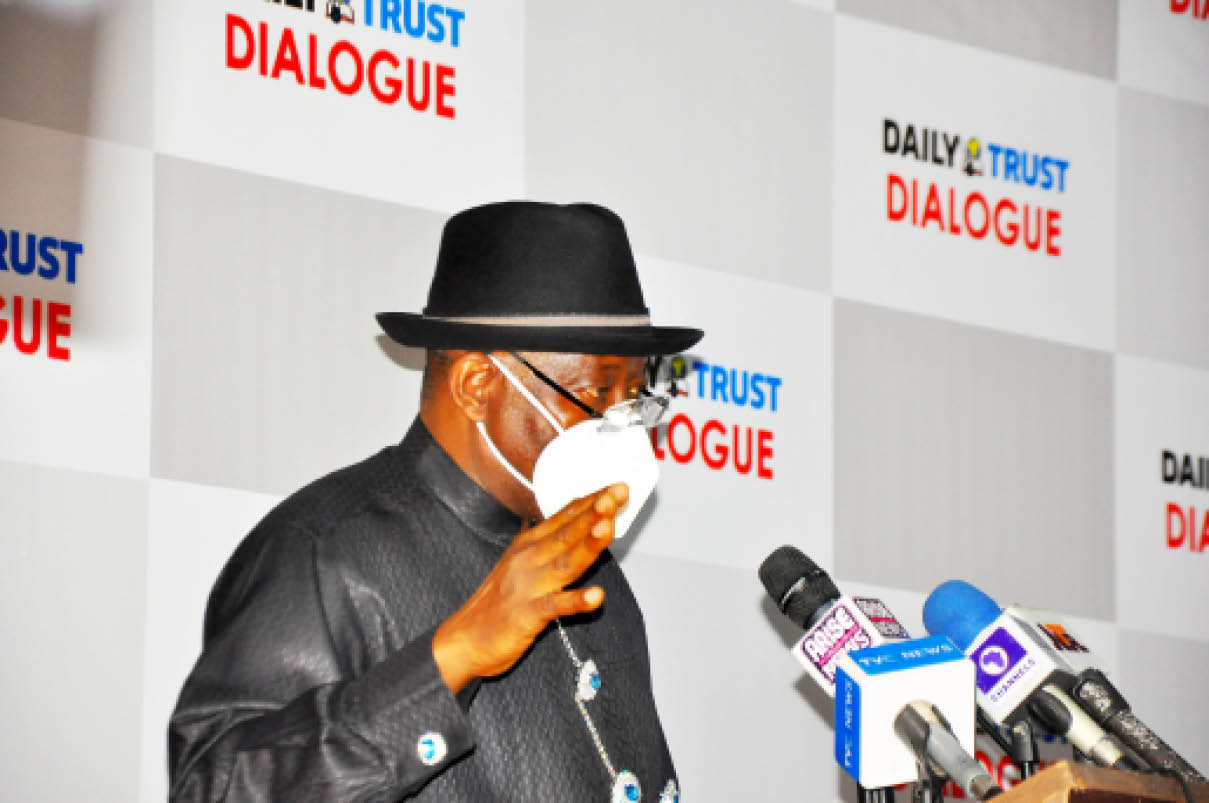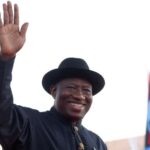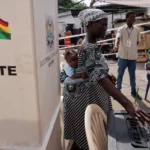Former President Goodluck Jonathan has said the ballots cast in election, not the judiciary should determine the winners of elections in the country.
He said this on Monday in Abuja, when he visited the digital pan-African news network, the TOS TV network, led by Ms. Osasu Igbinedion.
- Abuja-Kaduna-Kano road: Work on over 100km completed – FG
- Police nab 17 cultists, recover pistols in Abuja
He also urged the nation’s youths to participate in politics, saying that the political system controls everything globally and that the nation’s youths should not be left behind.
“Ballot papers should be the basis of selecting political officeholders. If it is the judiciary that should select them then we are not yet there.”
“I am not saying the judiciary is not doing well but our laws should suppress the idea of our judiciary returning candidates. The ballots should decide who occupies the councillorship seat up to the presidency; that is democracy,” Jonathan said.
He said his administration gave the women and youths the opportunity to take part in politics, saying that this is the only way they can influence government programmes, policies and effect changes.
The former president also decried money politics and criticised politicians using gifts to sway voters during the elections.
According to him, there should be punitive measures against those who indulge in such unwholesome act.
He said unlike Nigeria where politicians induced voters with money and foodstuff on election day, such action is a criminal offence in some African countries.
He said, “The problem we have in Nigeria is the use of money to induce some voters. Compared to other African countries, we spend too much money here. Probably, we need to review our laws because I have observed a number of elections in African countries.
“For instance, in Tanzania, a candidate does not need to print his name on matchbox or any items to woo voters. If you do that, they say that you are inducing the electorate. It is against their laws.
“But here if somebody is contesting elections, you buy bags of rice, wrappers, and all manner of items to induce the electorate. Ordinarily, our electoral laws are supposed to frown on such practices.
“If you do that, you are supposed to be disqualified from contesting in the election. So, these are the things that makes our elections expensive. I think if the young people are willing, things should begin to change.”
He, however, admitted that money was required to offset campaign, logistics and other legitimate costs during the electioneering.

 Join Daily Trust WhatsApp Community For Quick Access To News and Happenings Around You.
Join Daily Trust WhatsApp Community For Quick Access To News and Happenings Around You.

